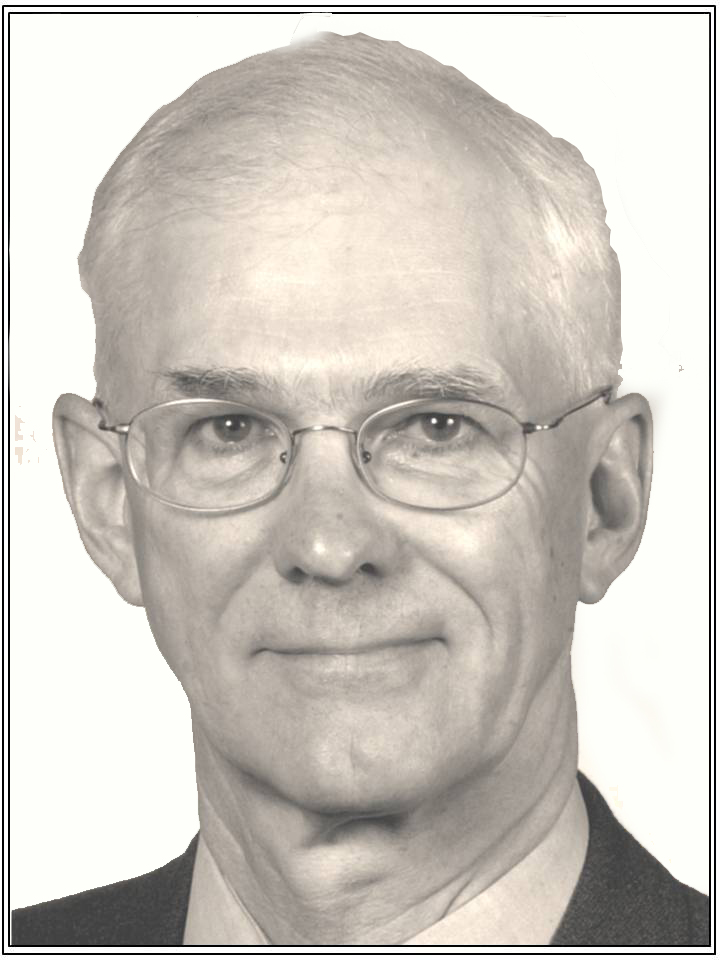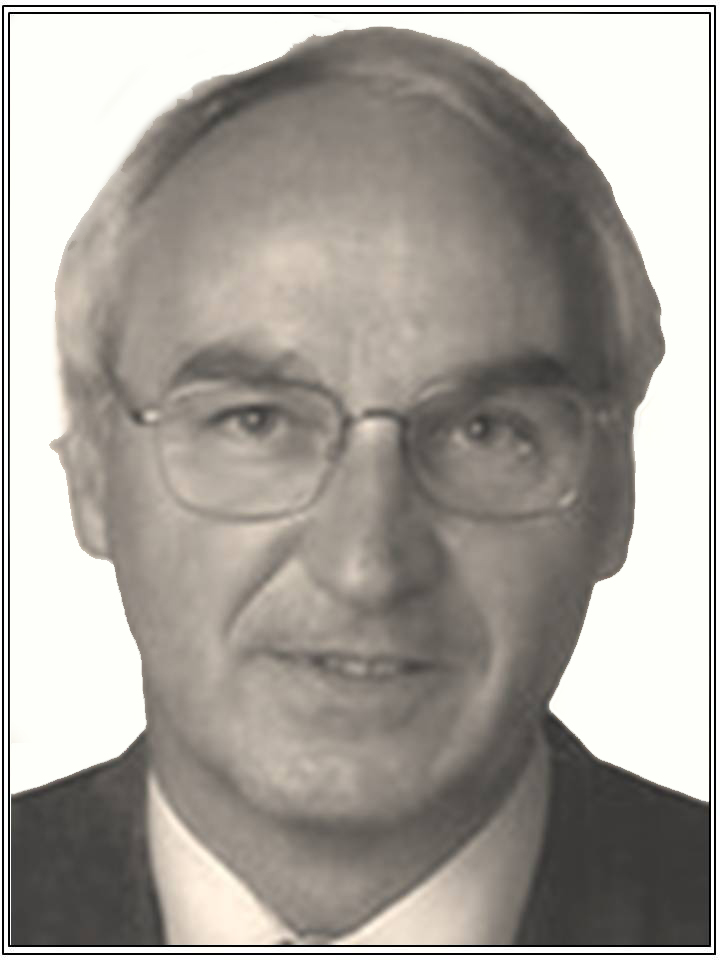
Prof John Cummings
John Cummings is Emeritus Professor of Experimental Gastroenterology in the University of Dundee and was
Honorary Consultant in Gastroenterology and Nutrition at Ninewells Hospital until 2007.
He graduated in medicine in 1964 and after undertaking specialist clinical training in gastroenterology,
worked for the Medical Research Council for 28 years, firstly, at the Gastroenterology Unit and from 1975 at the
Dunn Clinical Nutrition Unit in Cambridge. His primary research interests have been in the digestive physiology
of the large bowel and the role of diet in determining large bowel function and in the prevention of cancer
and bowel diseases. He has published over 300 papers and is particularly known for his pioneering work on the
importance of colonic bacteria to health and the role of carbohydrates, especially resistant starch and dietary
fibre, as substrates for fermentation and the metabolism of short chain fatty acids. In 1998, he moved to the
University of Dundee.
John Cummings has served on many national, European and international bodies concerned with diet and health.
He has been a member of the WHO Nutrition Guidelines Advisory Group since 2009.
In 1993 Professor Cummings was awarded the Caroline Walker Science Prize and the Cleave Trophy of the
McCarrison Society in recognition of his work on public health aspects of diet. In June 2008 he was made an
OBE for his services to medicine and nutrition and awarded the British Nutrition Foundation Prize in the same year.
He was the Rank Prize Funds Nutrition Prize winner in 2012.

Dr Andrew Poullis
Andrew Poullis is a Consultant Gastroenterologist based at St George's Hospital. He qualified from Charing Cross
and Westminster Medical School and completed his junior and specialist training in London. He completed his MD at
the University of London on "Bowel Inflammation in Health and Disease" .
He is involved in all aspects of luminal gastroenterological care with a specialist interest in inflammatory bowel
disease and bowel cancer screening.
He has undertaken research in a broad range of gastrointestinal problems and has published widely. He continues
to run an active research programme at St George's Hospital, is a co-editor to "Gastroenterology Today", Medical
Advisor to South West Thames CCUK and is presently running a national project for NICE on primary care
gastrointestinal diagnostics. Andrew Poullis was the key clinical collaborator of DiagNodus Ltd during its
now-completed clinical trial on non-invasive IBD detection.

Mr Austin Obichere
Austin Obichere underwent general surgical training in the North West Thames Higher Surgical Training Scheme and
developed a sub-specialist interest in coloproctology very early in his career. He embarked on on a two year
research project (1997-1999) at St. Mark’s Hospital that led to the award of MD Degree from the University of
London. He subsequently held the posts of Colorectal Fellow (St Mark’s Hospital) and Laparoscopic Colorectal
Fellow (Mount Sinai Hospital, Toronto, Canada) prior to his appointment as Consultant Colorectal Surgeon to the
Middlesex Hospital / Honorary Senior Lecturer UCL. Having acquired advanced laparoscopic skills in his training,
he introduced laparoscopic colorectal surgery to the Trust and performed the first bowel resection using this
technique in 2003.
He is currently Director of the Bowel Cancer Screening Programme at UCLH and is an expert bowel cancer screening
endoscopist (UK Joint Advisory Group [JAG] accreditation). He is a member of the surgical sub-group of the National
Cancer Research Institute (NCRI) and is President Elect IA Support Group (Ileostomy & Internal Pouch) Greater
London West Chapter. He remains committed to clinical research and medical education and has numerous peer reviewed
publications, book chapters and invitations as speaker / member of faculty at National and International meetings
and workshops.

Prof Geraldine Thomas
Professor Geraldine Thomas (chair in Molecular Pathology, Faculty of Medicine, Department of Surgery & Cancer,
Imperial College London) is a senior academic specialising in the molecular pathology of cancer. She had her BSc in
Pharmacology form the University of Bath (1982) and PhD in Pathology from the Welsh National School of Medicine,
Cardiff (1988). Following postdoctoral work in Departments of Pathology in Cardiff (until 1992) and Cambridge
(1993-2002) she became Senior Lecturer in Oncolgy (Swansea University, 2002-2006) and was promoted to Professor
of Molecular Oncology in 2006. In 2008 Geraldine Thomas joined Imperial College London as Professor of Molecular
Pathology. Cancer pathology is her main research interest. She has numerous publications in the field.

Prof Michael Schwarz
Professor Dr Michael Schwarz is the Director of the Department of Toxicology at the University of Tübingen
(Germany). He has a PhD in Biology and the Habilitation in Toxicology. Michael Schwarz is a member of the Executive
Board of the Society of Toxicology in the German Society of Experimental and Clinical Pharmacology and Toxicology
(DGPT). His areas of special expertise are Molecular Toxicology and Chemical Carcinogenesis. Michael Schwarz was
the coordinator of the FP6 EU project ReProTect and presently takes part in EU-sponsored projects including
MARCAR, ChemScreen and CancerSys. His Tübingen group is well known for its work on tumour promotion, especially
mutation analysis in experimentally induced pre-neoplastic lesions and tumours, and possesses extensive expertise
in immunohistochemistry and methods for global gene expression assessment (RNA & proteins).

